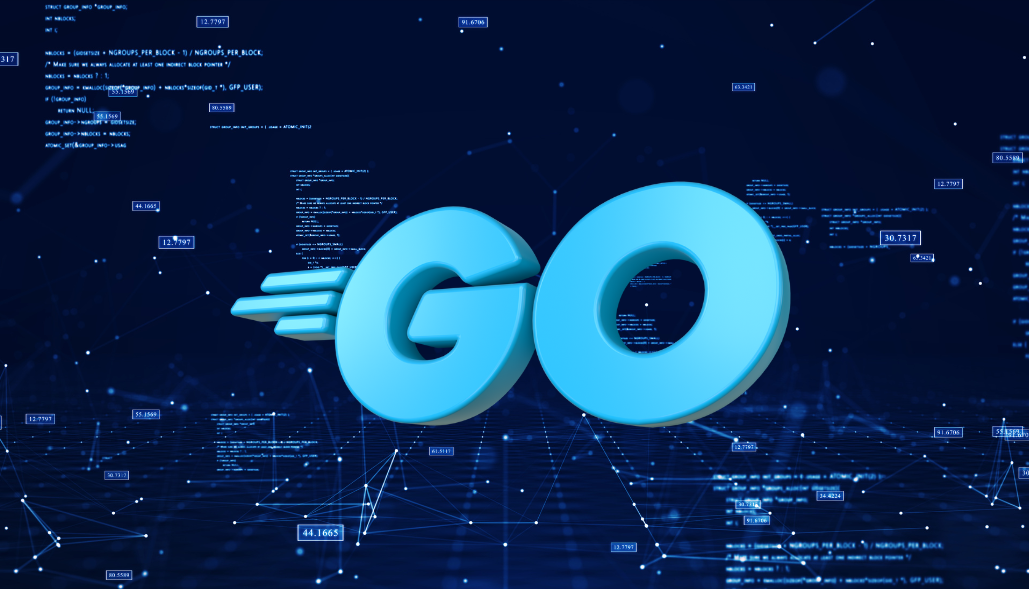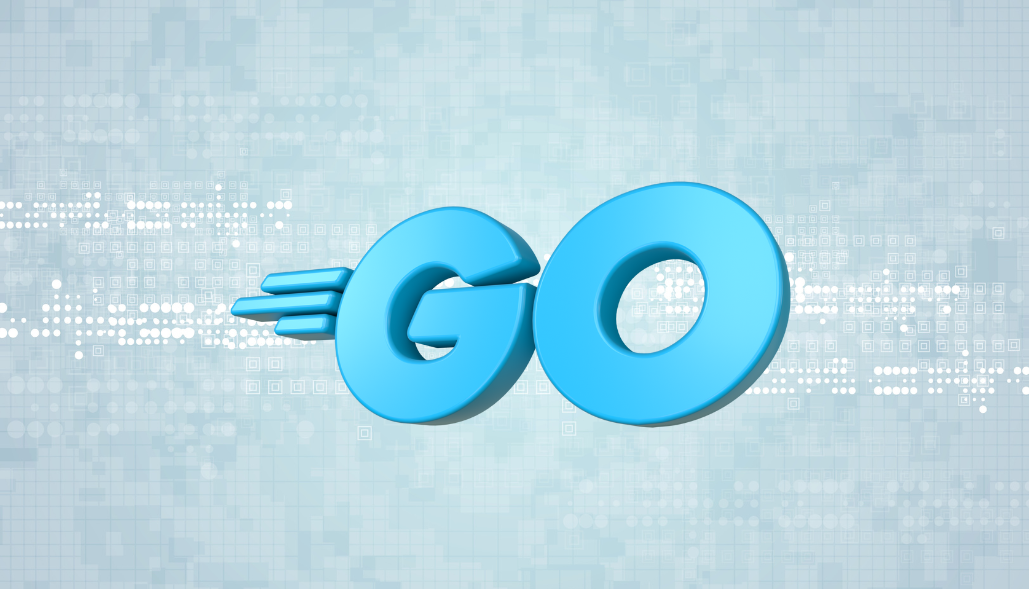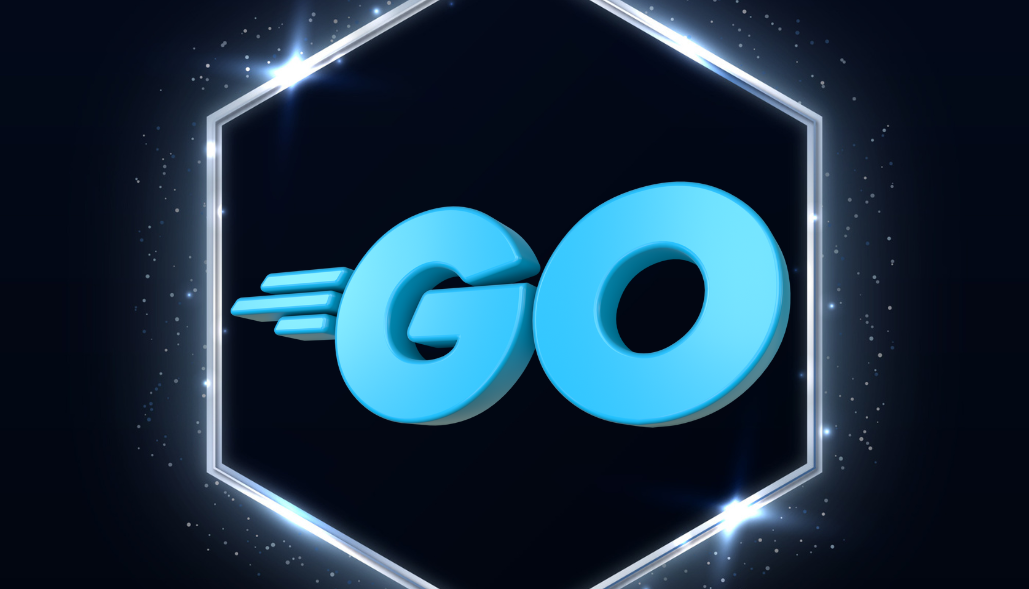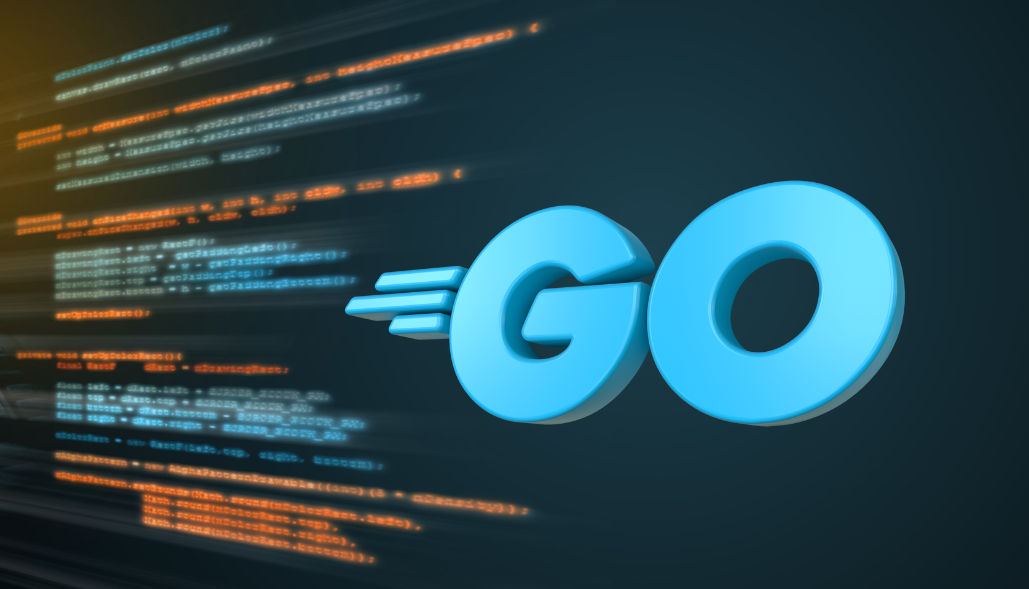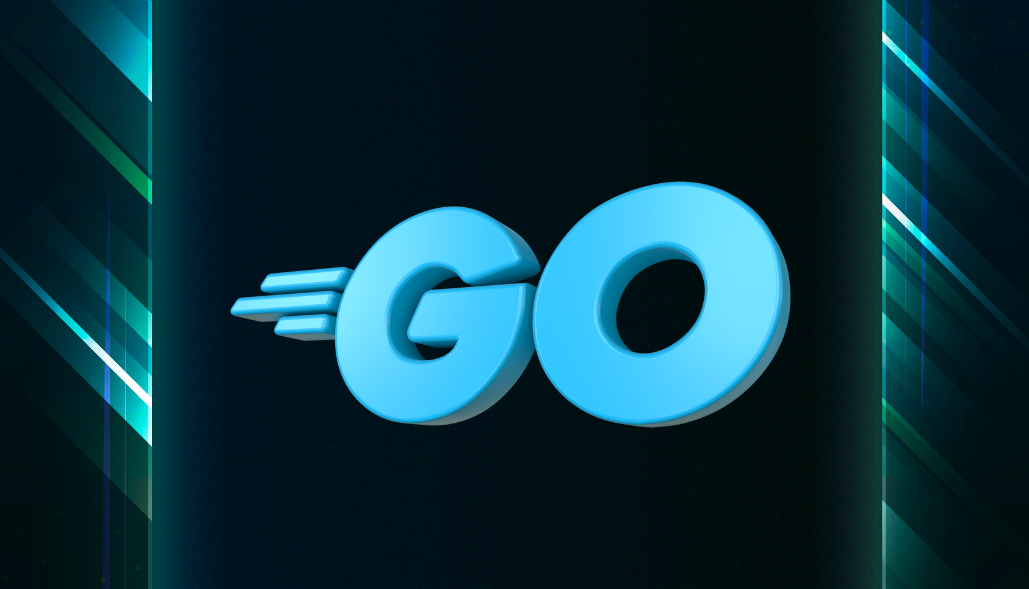Introduction:
In modern software development, the ability to serialize data into a format like JSON (JavaScript Object Notation) is crucial for interoperability between systems and services. Go, with its built-in support for JSON encoding and decoding, makes this process seamless and efficient. In this blog post, we’ll explore how to convert Go structs to JSON and discuss best practices for working with JSON encoding in Go.
Understanding JSON Encoding in Go:
JSON encoding in Go involves converting Go data structures, such as structs, maps, and slices, into JSON representation. Go’s encoding/json package provides comprehensive support for encoding and decoding JSON data.
Converting Go Structs to JSON:
To convert a Go struct to JSON, you can use the json.Marshal() function from the encoding/json package. This function accepts a value of any type and returns its JSON representation as a byte slice. Struct fields can be tagged with json:”fieldName” to specify custom JSON field names or omit fields from the JSON output.
package main
import (
"encoding/json"
"fmt"
)
type Person struct {
Name string `json:"name"`
Age int `json:"age"`
Email string `json:"email,omitempty"`
}
func main() {
person := Person{
Name: "John Doe",
Age: 30,
Email: "john@example.com",
}
jsonBytes, err := json.Marshal(person)
if err != nil {
fmt.Println("Error:", err)
return
}
fmt.Println(string(jsonBytes))
}
In the above example, the json.Marshal() function is used to convert the Person struct to JSON. The json:”fieldName” tags specify custom JSON field names, and the omitempty option ensures that empty fields are omitted from the JSON output.
Handling Nested Structs and Relationships:
Go structs can contain nested structs or relationships between different structs. When converting such structs to JSON, the nested fields are recursively encoded into the JSON representation.
type Address struct {
Street string `json:"street"`
City string `json:"city"`
Country string `json:"country"`
}
type Person struct {
Name string `json:"name"`
Age int `json:"age"`
Address Address `json:"address"`
}
func main() {
address := Address{
Street: "123 Main St",
City: "Cityville",
Country: "Countryland",
}
person := Person{
Name: "Jane Doe",
Age: 25,
Address: address,
}
jsonBytes, _ := json.Marshal(person)
fmt.Println(string(jsonBytes))
}
Handling Errors and Customization:
When encoding structs to JSON, it’s essential to handle errors returned by the json.Marshal() function. Additionally, you can customize the JSON encoding process by implementing the json.Marshaler interface for custom types or by providing custom encoding logic for specific fields using json.MarshalJSON() method.
Conclusion:
Converting Go structs to JSON is a fundamental task in Go programming, especially in modern web development and microservices architectures. Go’s encoding/json package provides robust support for JSON encoding and decoding, making it easy to work with JSON data in Go. By understanding the principles and best practices outlined in this guide, you’ll be well-equipped to handle JSON encoding efficiently in your Go applications.

